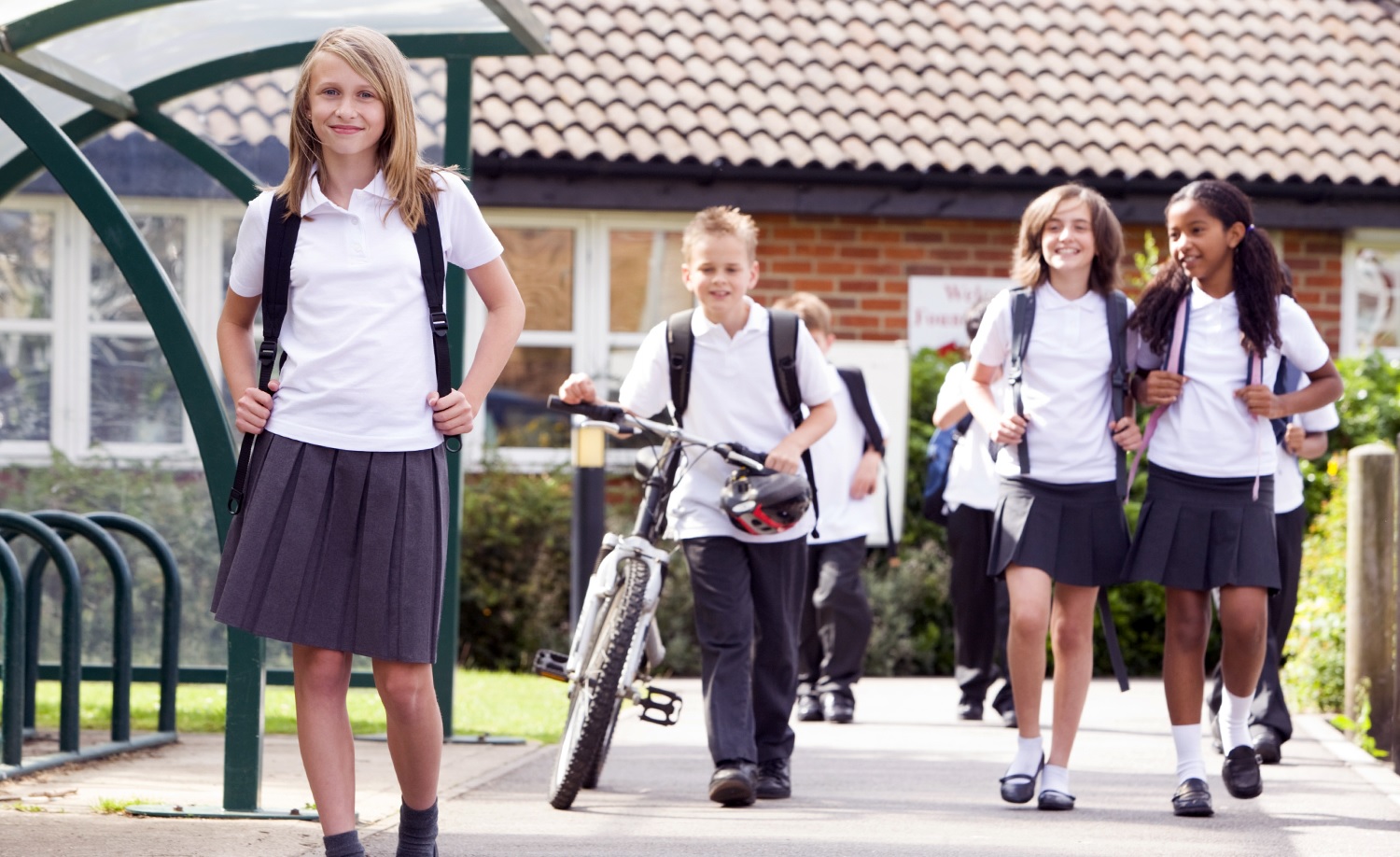In ‘Bridging the Word Gap at Transition: The Oxford Language Report 2020’ the team of researchers found that students transitioning from primary to secondary school are exposed to up to four times as much new vocabulary as at primary school. Compound this with the existing challenges around literacy skills and reading ages, COVID gaps and the emotional challenges of transition and it is easy to see why this is such a crucial issue that needs to be addressed.
Alice Deignan writes: ‘With such a massive increase in the quantity of language, the number of unknown words fired at pupils during a lesson increases similarly. These reach a level where pupils cannot use normal strategies to work out their meaning, such as using overall context. Pupils are being pushed far out of their comfort zone academically.’ This can result in students finding the curriculum inaccessible and have a knock on effect on their confidence around learning. They can assume they’re falling behind and may not be confident enough to ask questions as they settle into new social circles and adapt to the demands of secondary school. Thus, inability to access vocabulary doesn’t just affect attainment but wellbeing too.
So what can we do?
Determined to build on our existing good practice in school around the delivery of explicit vocabulary across the curriculum; I am launching a primary to secondary vocabulary transition project.
I formed a very small working party with the lit-co, transition lead and the English department vocab lead. We created a word list by looking at Year 5+6 KS2 Spelling list from the National Curriculum and Avril Cox’s academic word list to identify words we felt would be most frequently used. We consulted with heads of dept from across the school to see if our words would be relevant to multiple subjects. They added more words to the list focusing on key command words used across subjects. This was actually the most challenging aspect of the project – trying to identify words that would add value and increase accessibility as well as building on prior learning.
I visited two of our feeder primaries with our idea: we would create and provide teaching resources using our explicit vocabulary teaching methods (for consistency when they arrive to us in Sept) and a workbook for students. Primaries would teach three words per week using the supplied resources. Students would complete a task in their workbook on the word the following day or for homework. On joining us in September – any students who hand in a fully completed workbook will be entered into a prize draw for a free lunch or voucher, as we want to celebrate learners from the very first day.
We have a high number of feeder primaries so this year we’re using this project as a bit of an experiment. We’re working with two of our largest feeders and we’ll be baselining the students within the primaries (we’ll collect the completed tests and mark them) and all new year 7 students will complete the same quiz in September. The quiz will be very low stakes and structured as follows:
We wanted to award points for all levels of answers so that students wouldn’t feel like failures for admitting they’re unsure about the meaning of words. We also made sure if students were telling us they did know what it meant there was a requirement to do so – so their understanding could be checked. This baseline includes all the words that students will subsequently be taught, their initial mark will be recorded.
We’ve also included a section of the quiz on suffixes and prefixes to enable us to attempt to how knowledge of etymology and morphology has been utilised and applied pre and post the teaching:
The ultimate aim of explicit vocabulary teaching isn’t that we teach students every word in the English Language, but that we equip them with the skills to interrogate and decipher vocabulary they encounter with confidence because of the skills and knowledge we equip them with as they learn with us. We’re hoping that those who have been exposed to more vocabulary teaching from their primaries will show a more confident grasp of prefixes and suffixes in their second attempt at this quiz.
Continuing the learning over summer
We’re holding a year 7 summer school to which all our year 7 pupils will be invited. At this point any students not from the feeder primaries will be given their own copy of the booklet and they’ll be taught five new words as part of their summer school curriculum. Those who want to can then take the booklet home and complete activities on other words too.
After summer school we’ll be sending home a weekly postcard to our year 7’s with a word they should be completing an activity for at home to keep them focused and motivated and the profile of vocabulary nice and high!
The aim of the project is to improve understanding and application of key vocabulary that we think will support students’ academic transition. There are lots of variables and it is by no means an example of perfect research but I’m excited to see how this approach works. If successful this will be something we’ll aim to move forward with across all our feeder primaries to ease transition and improve vocabulary. I’ll keep you posted!
Sarah Eggleton is Assistant Headteacher and Head of English at Stretford High School.
